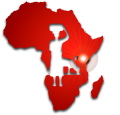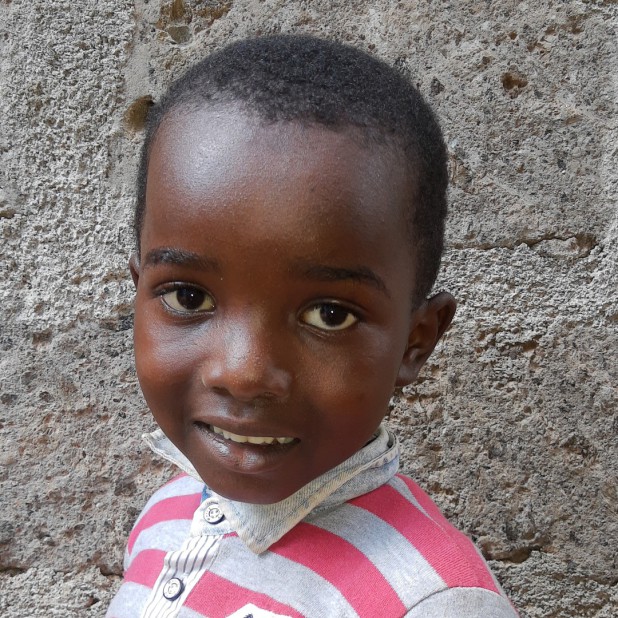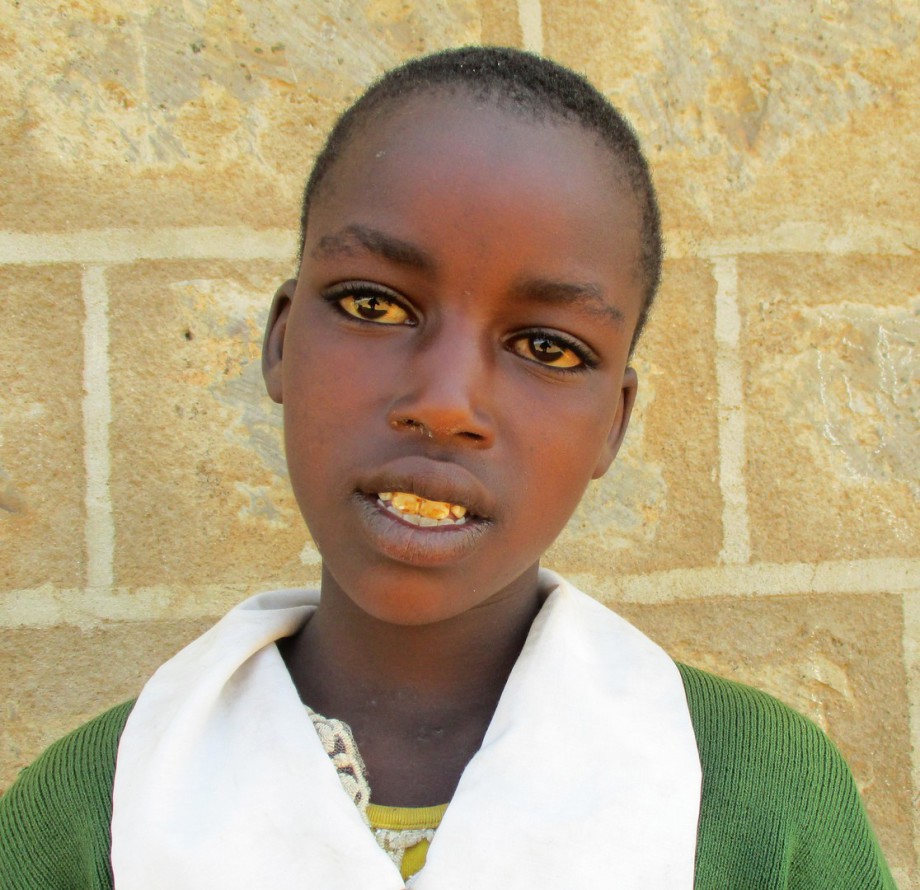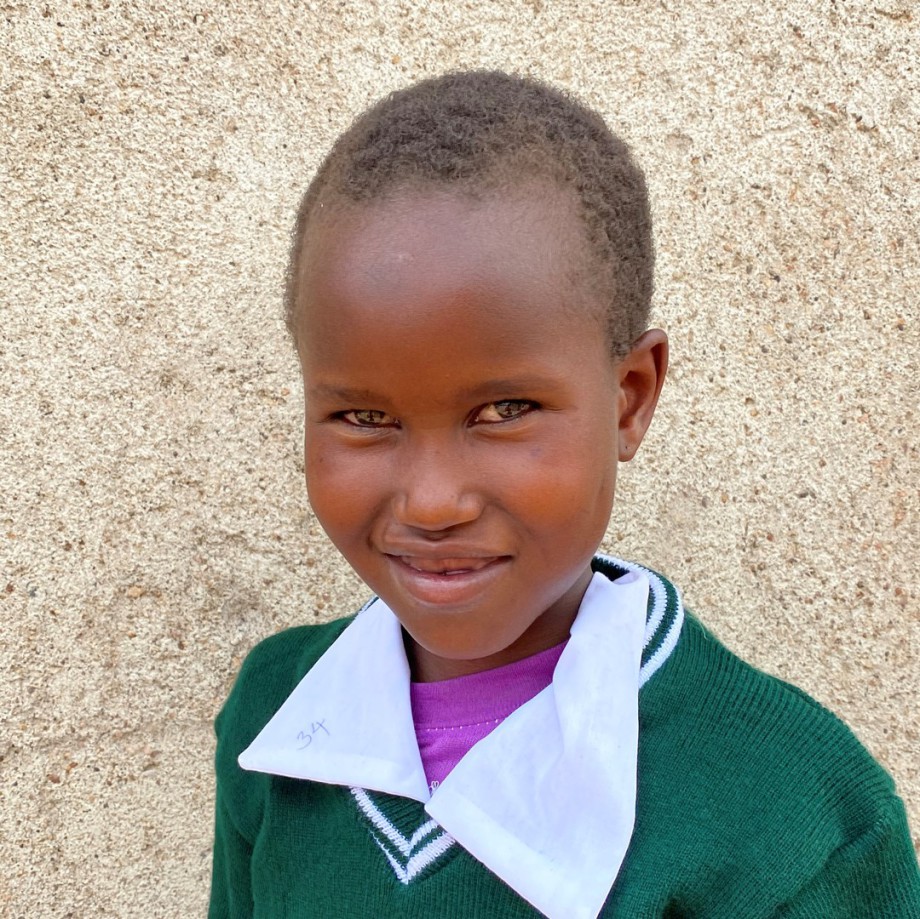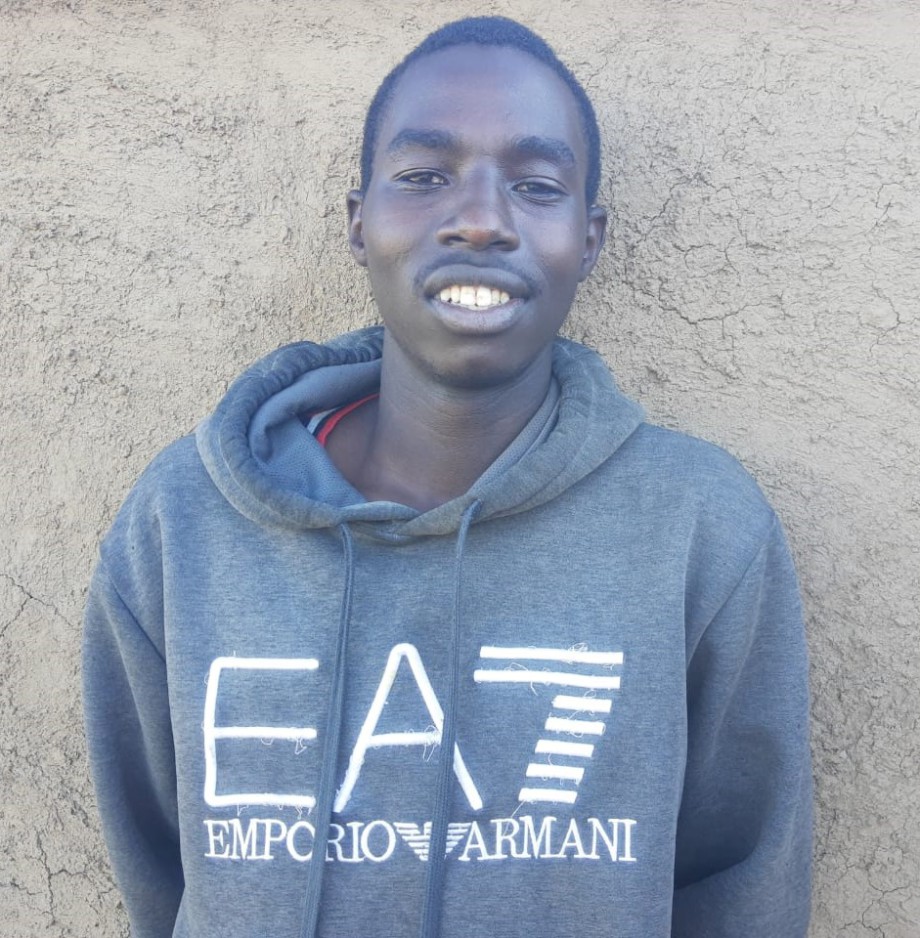Sponsor A Child
We firmly believe that a basic education is the key to a more hopeful future for the children of Kenya. While primary education (K-8) is provided free by the government, our students need uniforms, shoes, money for books and fees, as well as a nourishing daily meal. Your monthly gift of $40 per month helps us provide all of these, and keeps that child in school. Please scroll down to see children waiting for your sponsorship.
Manuel Gitau
KIB-M316
11/01/2011
Manuel is the second born child of Mr. & Mrs. Reuben Kamau. He has two brothers; Samuel is in Form 4, and Joel, who is in Std. 4 at the same school. His father, Reuben Kamau, works with CRCI and his mother runs a small family business. Both parents are born again Christians and active in Christ's service.
Manuel has enjoyed perfect health. He is very active in school both in academics and sports, and would like to be a pilot when he grows up.
Prayer request: To be able to perform well in class.
Joshua Kilili
KIB-M305
05/12/2015
Joshua and his 3-year old brother live with their parents in Kibera. He is a bright child who loves drawing and coloring. Their father is the bread winner of the family. However, he doesn't earn much working as a casual laborer and is unable to provide for the family and also pay for Joshua's school fees.
Kibera is the name of an area located within the heart of the capital of Nairobi. It is the third largest slum in the world with over a million people living in a very small area. Life in Kibera is difficult, with most of its residents living in extreme poverty earning less than a dollar a day. Kibera is a maze of narrow, deeply rutted alleys lined with mud and corrugated metal houses. The majority living here lack the most basic services such as electricity, clean water, and medical care.
Nempiris Nkere
ILK-F47
10/09/2007
Nempiris has two sisters and three brothers, and she would like to become a teacher. Almost all of the family's livestock have been lost to drought, and iIt's difficult to earn enough provide enough support with the little income they are able to earn. As a result, the family is living in extreme poverty.
Nempiris comes from the remote community of Ilkerine located in the heart of the Maasai tribe. This community is at a mile high elevation. The majority of people live in mud houses with no electricity and no running water. The Maasai people are herdsmen and depend on their livestock for their livelihood. Often the baby animals are kept in a small room inside their mud houses. Walking is the main mode of transportation, and it is not uncommon for children to walk five miles or more to school.
Prayer Request: God's protection for the family against Covid 19.
Joshua Opiyo
KSU-M56
9/9/2007
Joshua lives with grandmother. His mom works in a different county although she often does not provide enough funds to take care of the many needs of this family, and his father is mentally challenged. Joshua's grandmother is basically the sole breadwinner of the family but is growing old and soon will not be able to afford to raise him.
Effy Omondi
KSU-F28
2/14/2006
Effy's father, Barrack, has been mentally disturbed for the last three years now. Her mother, Rebbeca, finds casual work when she can, although most of her income goes for medications for her husband so that he does not turn violent. The medicine is very expensive and the family is very needy because the local county government has denied any requests for help. Effy's brother died from malnutrition when Rebbeca was too ill to work and support her family.
Kayodo Nayonde
ILK-F54
9/21/2012
Kadoyo lives with her grandmother and pet cat in Ilkerine so that she can attend school because her parents are too poor to be able to send her. She would like to become a teacher.
Kadoyo comes from the remote community of Ilkerine located in the heart of the Maasai tribe. This community is at a mile high elevation. The majority of people live in mud houses with no electricity and no running water. The Maasai people are herdsmen and depend on their livestock for their livelihood. Often the baby animals are kept in a small room inside their mud houses. Walking is the main mode of transportation, and it is not uncommon for children to walk five miles or more to school.
Prayer Request: For rain to come to her area.
